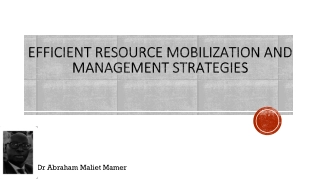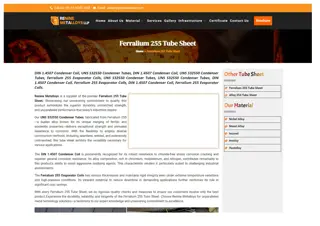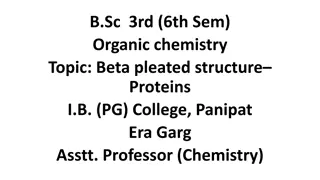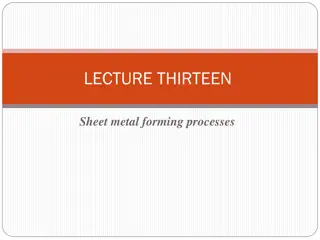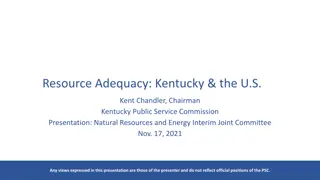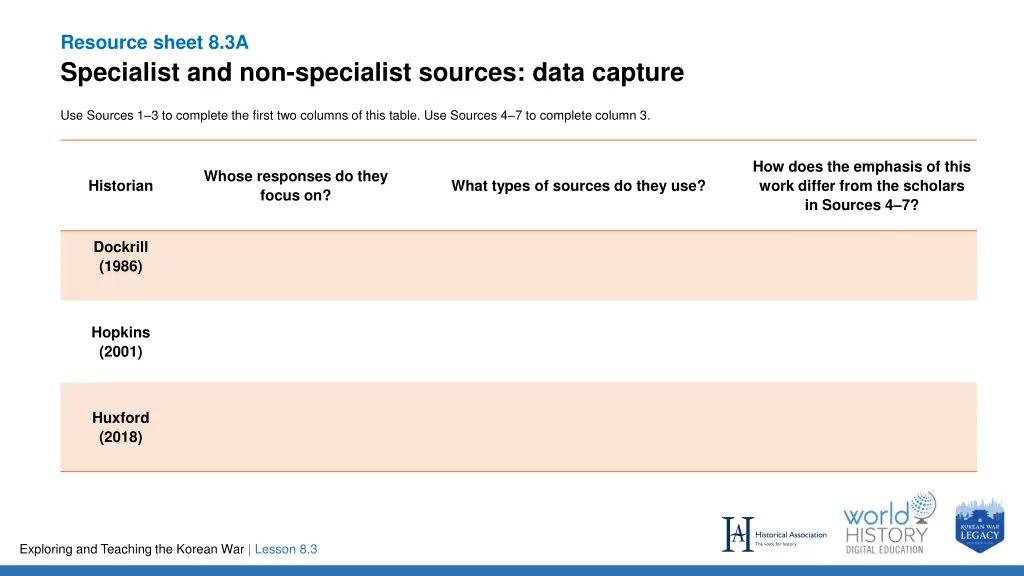
Emphasis on Cold War Partnership and Diplomatic Relations in the Korean War Era
Explore the contrasting perspectives of historians Dockrill, Hopkins, and Huxford on Anglo-American relations during the Korean War, focusing on diplomatic nuances and strategic decisions.
Download Presentation

Please find below an Image/Link to download the presentation.
The content on the website is provided AS IS for your information and personal use only. It may not be sold, licensed, or shared on other websites without obtaining consent from the author. If you encounter any issues during the download, it is possible that the publisher has removed the file from their server.
You are allowed to download the files provided on this website for personal or commercial use, subject to the condition that they are used lawfully. All files are the property of their respective owners.
The content on the website is provided AS IS for your information and personal use only. It may not be sold, licensed, or shared on other websites without obtaining consent from the author.
E N D
Presentation Transcript
Resource sheet 8.3A Specialist and non-specialist sources: data capture Use Sources 1 3 to complete the first two columns of this table. Use Sources 4 7 to complete column 3. How does the emphasis of this work differ from the scholars in Sources 4 7? Whose responses do they focus on? Historian What types of sources do they use? Dockrill (1986) Hopkins (2001) Huxford (2018) Exploring and Teaching the Korean War | Lesson 8.3
Resource sheet 8.3A Source 1: Michael L. Dockrill, extract from The Foreign Office, Anglo-American relations and the Korean War, June 1950 June 1951 , 1986 Despite these misgivings, Strang was pleased by the determined American response in Korea: as he told the French ambassador on 27 June, the Americans, conscious of their strength and remembering the history of pre-war years, had decided that it was better to run the risk of nipping in the bud Communist aggression in the Far East than refrain from action . The Foreign Office overcame the reluctance of the Chiefs of Staff to send a British troop contingent to South Korea in the Chiefs view, Britain was already over-stretched militarily in the Far East. When General Omar Bradley, the Chairman of the US Joint Chiefs of Staff (JCS), requested a British ground contribution on 30 June, the Deputy Under- Secretary, Sir Pierson Dixon, feared that a refusal to meet this request would have harmful effects on Anglo-American relations. Nor was he unmindful that a British contribution would enable Britain to insist on closer Anglo-American consultation on Far Eastern policy. He feared that the Americans may, if the military situation becomes desperate, contemplate using atomic weapons, and I feel that at the appropriate moment we ought to obtain an assurance from them that these weapons will not be used without prior consultation with us . Britain had already put its naval forces in Japanese waters at the disposal of the United Nations Command, and on 25 July Prime Minister Clement Attlee persuaded the Cabinet to agree to two battalions of British infantry being transferred to South Korea from Hong Kong. Divergences between the two countries over Far Eastern policy soon emerged, however, and they were to sour relations throughout the Korean war. However delighted the Foreign Office might be at the tough US response to North Korea s aggression, officials could not forget that South Korea was a marginal issue as far as Britain s interests were concerned, and feared that the invasion was a Kremlin feint to distract the attention of the West from Western Europe and the Middle East. Exploring and Teaching the Korean War | Lesson 8.3
Resource sheet 8.3A Source 2: Michael Hopkins, extract from The price of Cold War partnership: Sir Oliver Franks and the British military commitment in the Korean War , 2001 But a combination of Franks tact and the Foreign Secretary s restraint avoided a rupture. Bevin asked Franks to see Acheson as soon as possible, thank him for his message and convey his hope that I may continue to feel free to express myself with complete frankness without exposing myself to a retort of this kind . When Franks did so the next day, 13 July, he elicited from Acheson the admission that we regarded most seriously the possibilities of our policies drifting apart and there was no other meaning intended . Meanwhile the Foreign Secretary advised the drafter of his telegram to reply in a conversational tone rather than argumentatively, which might give the sense we are setting up a counter-barrage . In the telegram of 14 July, given to Franks on 15 July, Bevin said the US action in Korea was appreciated by all and the British were not willing to do a deal with the Soviet Union and would not be raising the issue of a Chinese seat at the UN. He recognised that the Americans attached great strategic importance to Taiwan, but he wanted to avoid giving the Russians a chance to divide Asia from the West on an Asian problem . He therefore proposed: maybe the President in his own inimitable way could say something to remove any misapprehension by making it clear that the final disposal of Formosa is an open question which should be settled on its merits when the time comes. Truman s special message of 19 July to Congress on Korea and the issues arising out of the crisis claimed that the military neutralisation of Taiwan was without prejudice to the political questions affecting it. He did not want the island embroiled in hostilities and hoped that Taiwanese issues be settled by peaceful means as envisaged in the Charter of the United Nations . Since Acheson was anxious that the British reaction should be favourable, he gave Franks, at the ambassador s suggestion, advance sight of the text. Franks told London that it contains an important clarification of the US position on Formosa which goes some way to meet our worries in that it distinguishes between the present temporary military necessity and the long term disposal of the island by orderly means . Thereafter the issue of Taiwan was put on ice. General MacArthur, appointed Commander in chief of UN forces in Korea on 7 July, visited the island on 31 July 1 August, thereby causing speculation about US help. This concerned both Acheson and Truman, for the State Department had tried to dissuade him from making the visit. But American officials reassured Franks that the policy of putting Taiwan on ice held firm without qualification. Acheson repeated this commitment to Franks in January 1951. Exploring and Teaching the Korean War | Lesson 8.3
Resource sheet 8.3A Source 3 Grace Huxford, extract from The Korean War in Britain: citizenship, selfhood and forgetting, Manchester University Press, 2018. The example of Monica Felton and the public reaction to her visit to North Korea demonstrates the limited power of dissenting voices to the Korean War in Britain. Some have even argued that Felton s dismissal was almost McCarthyite in its toppling of her well-established career and reputation. Although Dalton maintained that her political affiliations played no part in her dismissal, her subsequent depiction in the press as a traitor of British forces indicated the unpopularity of opposition to the war. Perhaps Pollitt was correct when he claimed that it was only a handful of millionaires that want war , but this certainly did not translate into strong opposition. The activities of the CPGB, BPC, BCFA and the Red Dean did not convince the British population that British troops should be withdrawn immediately. This did not mean that British people were not moved by descriptions of civilian suffering or remained unnerved by allegations of British involvement in atrocities, as attendance at Felton s meetings demonstrates. Nevertheless, short-lived panics and scandals were by far the most common reactions to the war. Yet opposition to the Korean War raised important questions about the freedoms and duties of Cold War citizens. Some regarded the activities of Felton, Johnson and others as disloyal or treacherous. But as mentioned in the War Office film Two Ways of Life, these individuals, bizarre though they may be, were potentially the sign of a healthy democracy. The British state was forced to walk this tightrope between civil liberties and security during the Korean War and the issue continued to worry Western governments throughout the Cold War. Korea was also important for protest movements. To some extent, as Holger Nehring has noted, the protests of the early 1950s were a rehearsal for the more pronounced debates in the late 1950s and early 1960s. Korea shaped the language and focal points for movements protesting against different aspects of Cold War militarism, from anti-nuclear campaigners to those protesting against the use of biological warfare. The anti-American tone of opposition proved culturally popular and provided much of the intellectual context of subsequent activism. The Korean War also reveals how British people responded to protest organisations. Campaigns around germ warfare or mistreatment of civilians failed to attract much sustained support, but at the same time neither did anti- Communism: although Communism was certainly criticised, often strongly, the level of animosity was not sufficient to maintain public interest beyond short-lived scandals and scares. Felton s case was an important case for the British government and raised far-reaching issues about how it should respond to the realities of the Cold War, but Felton herself was steadily forgotten. However momentous Felton s case and the Korean War itself was to the British state and its role in the Cold War, it failed to be remembered by the British public. The next chapter of this book examines how Korea became so forgotten and the significance of such forgetting for British and Cold War history. Exploring and Teaching the Korean War | Lesson 8.3
Non-specialist sources Source 4: M. Curtis, Web of Deceit (2003) The view has long been held that Britain has lost an empire and not yet found a role , in the famous words of US Secretary of State, Dean Acherson, several decades ago. Yet Britain s real role is easily discovered if we are concerned to look Britain s role remains an essentially imperial one: to act as junior partner to US global power; to help to organise the global economy to benefit Western corporations; and to maximise Britain s (that is, British elites ) independent political standing in the world and thus remain a world power. Source: 5 P. Joyce The State of Freedom: a social history of the British state (2013) the purpose and identity of the civil servant as a statesman a man of the state who in actual practice was little different in outlook and character from leading politicians: and little different in the degree to which he held power. I also consider the occupational culture and ethical stylisation of the politician. Shared outlook, social background and education united the two. Therefore, in uniting the term governing classes it is these people that we should have in mind, for contrary to some understandings, and to the doctrine of the separation of politics and administration, it was in both figures that the real business of government took place. The high bureaucrat, just as much as the politician, was involved in making state policy. Source 6: Extract from the Prison Notebooks of A. Gramsci The conquest of cultural power comes before political power and this is achieved through the concerted action of intellectual organic call-outs. Infiltrated into all of the communication, expression, and academic media. Source 7: E. Herman and N. Chomsky, Manufacturing Consent: the political economy of the mass media (1988) The national media typically target and serve elite opinion, groups that, on the one hand, provide an optimal profile for advertising purposes, and, on the other, play a role in decision-making in the private and public spheres. The national media would be failing to meet their elite audience s needs if they did not present a tolerably realistic portrayal of the world. But their societal purpose also requires that the media s interpretation of the world reflect the interests and concerns of the sellers, the buyers, and the governmental and private institutions dominated by these groups. Exploring and Teaching the Korean War | Lesson 8.3


